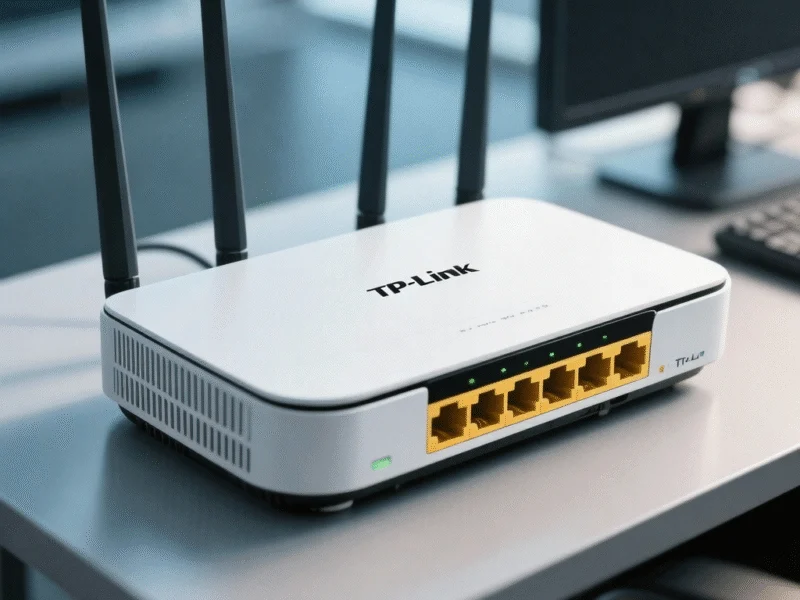According to TechCrunch, Senators Ron Wyden (D-OR) and Raja Krishnamoorthi (D-IL) have formally requested the Federal Trade Commission to investigate Flock Safety for cybersecurity failures that expose its nationwide license plate scanning network to hackers. The lawmakers revealed that Flock does not require multi-factor authentication for law enforcement accounts, despite confirming to Congress in October that this security feature remains optional. Evidence shows stolen police logins are already circulating on Russian cybercrime forums, potentially giving foreign spies access to billions of license plate photos collected by taxpayer-funded cameras across more than 5,000 police departments. While Flock claims 97% of law enforcement customers have enabled MFA since November 2024, approximately 3% remain unprotected for “reasons specific to them.” This security gap raises critical questions about the surveillance industry’s accountability.
Surveillance Industry at Crossroads
The Flock security controversy arrives at a pivotal moment for the surveillance technology sector, which has experienced explosive growth since 2020. Companies like Flock, Genetec, and Motorola Solutions have built billion-dollar businesses by promising law enforcement agencies enhanced public safety through automated license plate recognition. However, this incident exposes a fundamental market vulnerability: surveillance companies have prioritized rapid deployment and user convenience over robust security protocols. The competitive landscape may now shift dramatically as municipal procurement departments reassess vendor security requirements. Companies that can demonstrate enterprise-grade security with mandatory protections will likely gain market share, while those following Flock’s optional approach face potential contract cancellations and regulatory scrutiny.
Ripple Effects Across Law Enforcement
This security failure extends far beyond Flock’s immediate customer base. The interconnected nature of modern law enforcement technology means that compromised Flock credentials could provide access points to broader surveillance networks and federal databases. The DEA’s previous use of a local officer’s password for immigration surveillance demonstrates how access privileges can be exploited across jurisdictional boundaries. Municipalities that invested heavily in Flock’s ecosystem now face difficult decisions about whether to absorb the costs of transitioning to more secure alternatives or accept the operational risks of continuing with a potentially compromised system. The incident also raises liability questions about whether cities could face lawsuits if hacked surveillance data leads to privacy violations or mistaken arrests.
Imminent Regulatory Response
The lawmakers’ formal FTC complaint signals a coming regulatory crackdown on the surveillance technology industry. We’re likely to see mandatory security standards for companies handling sensitive law enforcement data, similar to requirements in healthcare and financial services. The FTC’s response could establish precedent for whether surveillance technology companies bear responsibility for ensuring their customers implement basic security measures. State attorneys general may follow with their own investigations, creating a patchwork of compliance requirements that could significantly increase operational costs for companies in this space. The timing is particularly challenging for Flock, which has been positioning itself for potential IPO consideration in a market increasingly skeptical of surveillance technology stocks.
Winners and Losers in Security-First Era
This incident creates clear winners and losers in the competitive landscape. Established security-focused companies like Palo Alto Networks and CrowdStrike, which already serve government clients, now have an opportunity to expand into the surveillance technology security niche. Meanwhile, Flock faces potential customer defections to competitors who can demonstrate stronger security postures. The 3% of law enforcement agencies resisting MFA implementation represent a much larger systemic problem – organizations that prioritize operational convenience over cybersecurity create vulnerabilities that affect the entire ecosystem. Companies that can provide seamless, secure authentication solutions tailored to law enforcement workflows stand to benefit significantly from this market realignment.
Industry Transformation Ahead
The surveillance technology market is approaching an inevitable consolidation phase where security compliance becomes the primary differentiator. We can expect to see acquisition activity as larger, more established security companies absorb surveillance technology startups to create integrated offerings. The incident also highlights the growing tension between rapid technological adoption in law enforcement and the mature security practices required to protect sensitive data. Companies that successfully navigate this transition will need to balance law enforcement’s operational needs with enterprise-level security requirements, potentially slowing deployment timelines but building more sustainable business models. The days of surveillance technology as a wild west industry are ending, replaced by an era of increased accountability and regulatory oversight.





Thank you for your sharing. I am worried that I lack creative ideas. It is your article that makes me full of hope. Thank you. But, I have a question, can you help me?